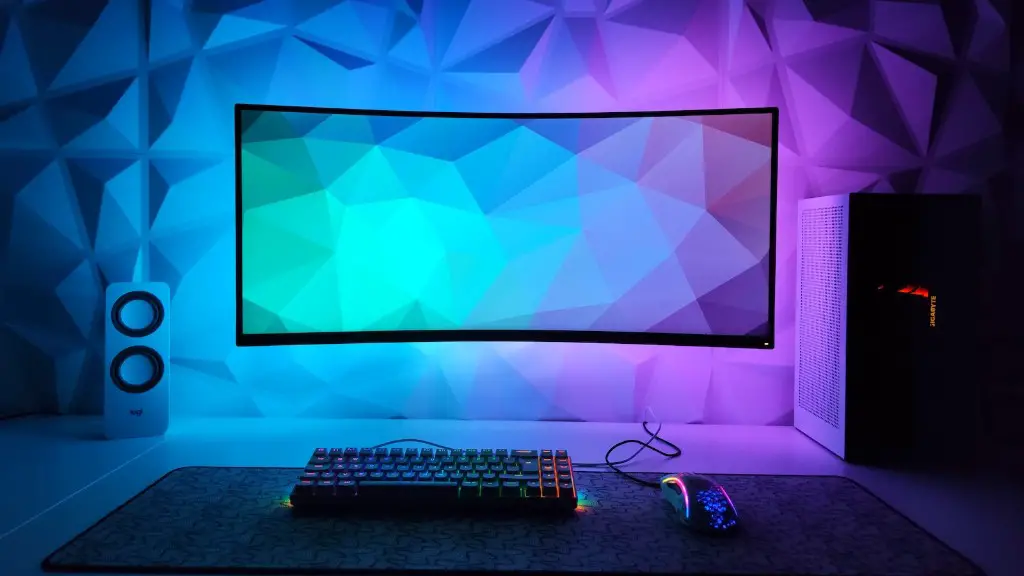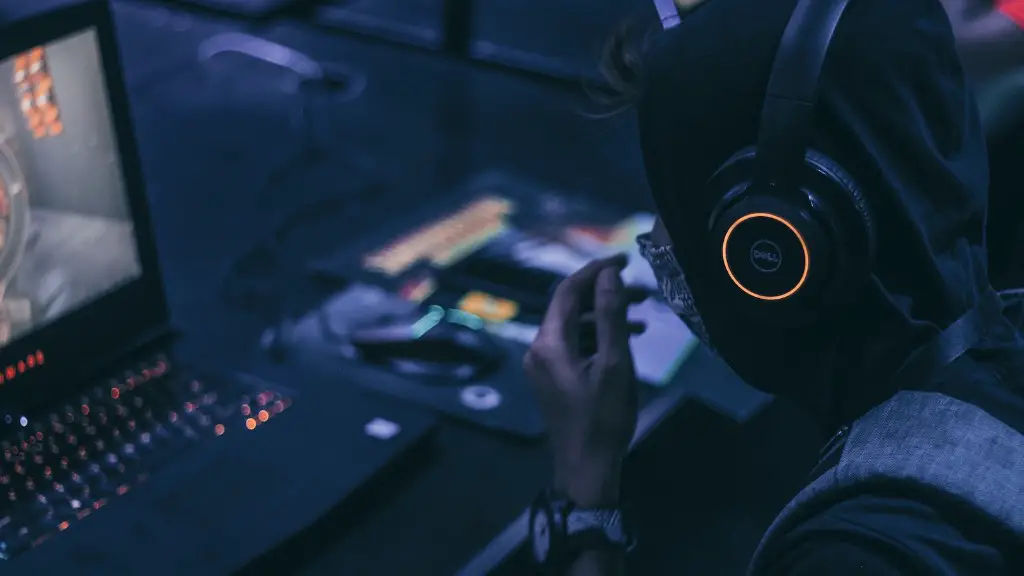A powerful gaming PC that can handle the newest games requires much more than the average computer. It is important to understand the components and the minimum requirements of a well-built gaming PC. This will help determine what components are necessary to build a good gaming PC that can handle today’s toughest games.
The processor (CPU) is the brain of any computer. When it comes to gaming, the faster the processor speed, the better. Generally, a good gaming PC should have an Intel Core i5 processor with at least 4 cores, or an AMD Ryzen with 6 cores and 8 threads. Both of these processors will be able to handle the majority of modern games.
A good gaming PC should also have a good graphics card (GPU). The GPU is responsible for rendering the graphics of a game, so it should be able to handle the game’s graphical demands. For a good gaming PC, an Nvidia GeForce RTX 2080 or an AMD Radeon RX 6000 should provide plenty of performance. Both of these GPUs will also be able to handle 4K resolutions.
Memory (RAM) is also important for gaming. The amount of memory needed depends on the type of games you intend to play. For the latest games, 8GB to 16GB of RAM should be sufficient. Anything less than 8GB may cause stuttering, slowdown, or even slight frame rate drops.
An SSD is recommended for a good gaming PC. An SSD gives the best performance when loading games, and will drastically reduce loading times. An SSD with at least 500GB of storage should be sufficient, though larger sizes may be needed if you have a large game library.
A good gaming PC should also have a good PSU (power supply unit). The power supply should be at least 650 watts and have 80+ certification. This will ensure that the gaming PC has enough power to keep all its components running smoothly.
Finally, a good gaming PC should have a good case. A good case will provide good airflow and cooling, and will also look aesthetically pleasing. A good case should also have plenty of space for additional components, such as extra fans, additional storage drives, or an extra graphics card.
Case materiaals
A gaming PC case can be made from several different materials, such as steel, aluminum, tempered glass, or acrylic. Steel is the most common and provides the best protection for components, but it also adds weight. Aluminum is light and durable, but also more expensive. Tempered glass or acrylic offer the best visibility, and are aesthetically pleasing, but their fragility can be a drawback.
Cooling
The cooling of a gaming PC is another important factor. Without the proper cooling, components can overheat and cause performance issues. Generally, a good gaming PC should have at least one CPU cooler, and two case fans. Each component should also have its own heatsink to help dissipate heat.
Overclocking
Overclocking a gaming PC can give a noticeable boost in performance. However, it is important to remember that overclocking can be risky and may void warranties. Before attempting to overclock, the user should be familiar with the components and function of each component. Additionally, the user should also have a good understanding of the risks involved.
Power Supplies
Power supplies come in various wattages and certifications. Generally, a good gaming PC should use a 650 watt power supply with 80+ certification. This will ensure that the gaming PC has enough power and that it is Energy Star certified.
Peripherals
A good gaming PC should also come with the appropriate peripherals. This includes a monitor, a mouse, a keyboard, and a headset. A good gaming monitor should have a resolution of at least 1080p and a refresh rate of at least 120Hz. A good gaming mouse should have at least 7 buttons and adjustable sensitivity. A good gaming keyboard should be mechanical or semi-mechanical, and should have anti-ghosting and RGB lighting. Finally, a good gaming headset should have surround sound and preferably be wireless.
Maintainance
Finally, it is important to keep the gaming PC up to date. This includes regularly cleaning the CPU cooler’s fans, dusting out the case fans, updating drivers, and running a antivirus scan. Regularly maintaining the gaming PC will help keep its performance at its peak.


